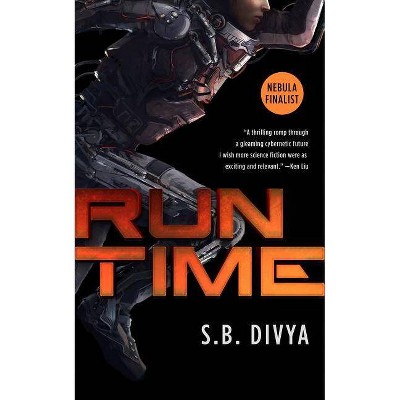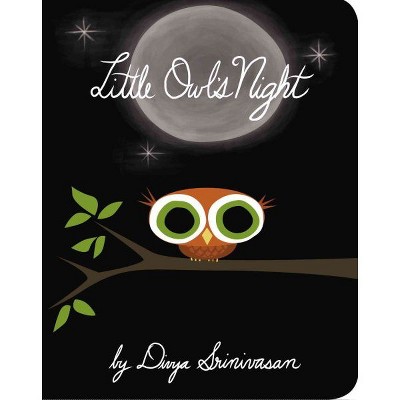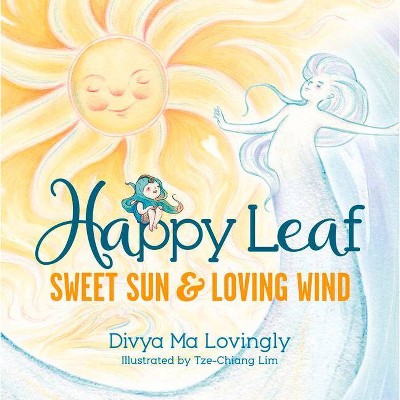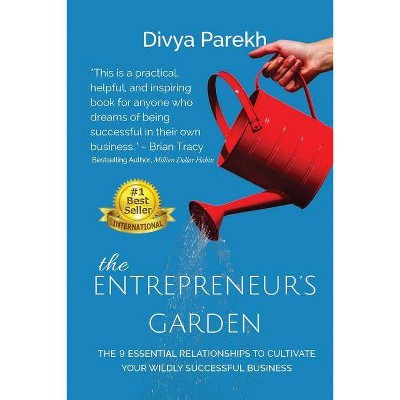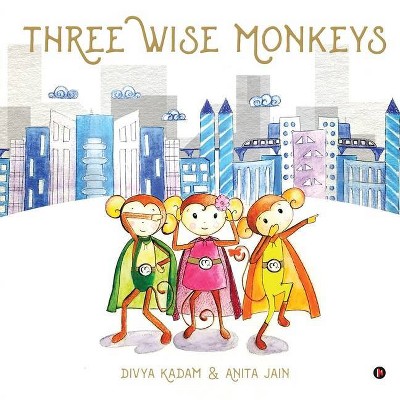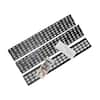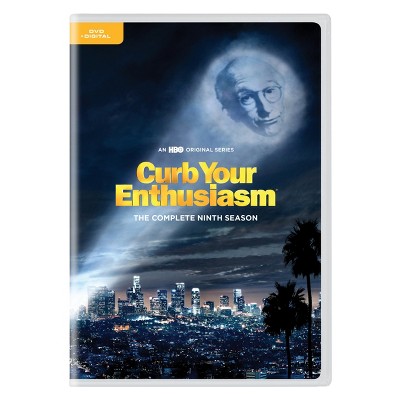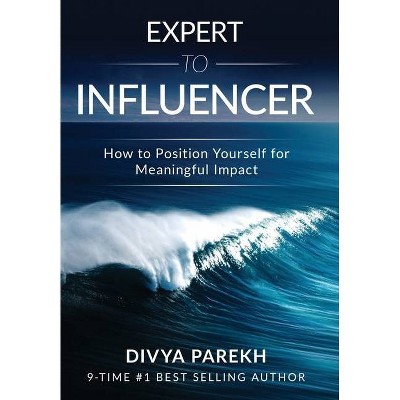Curb - by Divya Victor (Paperback)
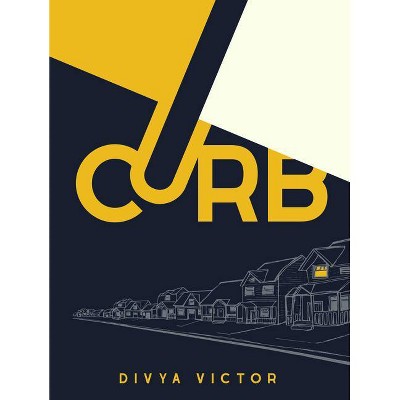
Similar Products
Products of same category from the store
AllProduct info
<p/><br></br><p><b> About the Book </b></p></br></br>Curb maps our post-9/11 political landscape by locating the wounds of domestic terrorism at unacknowledged sites of racial and religious conflict across cities and suburbs of the United States.<p/><br></br><p><b> Book Synopsis </b></p></br></br>Divya Victor documents how immigrants and Americans navigate the liminal sites of everyday living: lawns, curbs, and sidewalks, undergirded by violence but also constantly repaved with new possibilities of belonging. Curb witnesses immigrant survival, familial bonds, and interracial parenting in the context of nationalist and white-supremacist violence against South Asians. The book refutes the binary of the model minority and the monstrous, dark "other" by reclaiming the throbbing, many-tongued, vermillion heart of kith.<p/><br></br><p><b> Review Quotes </b></p></br></br><br><p>In poems of brilliant aesthetic diversity and haunting imagery ('Stop bath & rinse, / then hang up this feeling/ by its arms'), Curb illuminates and challenges the boundaries that divide and discipline us.--<b>Evie Shockley, NPR</b></p> <p>Divya Victor's fine-spun Curb carefully tracks, documents, and descriptively elucidates the vertitable language of testimony to make visible the invisibility of South Asians, particularly those targeted and erased by domestic terrorism and violence in the United States. These poems speak with potency as they innovate methods of thinking about what a speaker can witness and who they can address. These poems buck the traditional lyric to go to the matters of the 'she in me, ' to what is 'swollen and pressing, ' to the 'birth certificates' and the 'death certificates, ' and to the lives that are 'settled out of suitcases.' She writes deepening sequences that evoke the 'locution/location' at the heart of migration. Curb is as extraordinary as her previous book, Kith, and continues to build on its perceptual engagements. This collection is an outstanding document that locates us in the coordinates of an abode where we can discuss who gets counted, heard, or "read" with the compassion and love required to belong in community.--<b>Prageeta Sharma</b></p> <p>Divya Victor's innovative lyrical exactness lays bare the US nationalist project and movingly documents and reenacts exact moments of diasporic bodies lived out in place and history. Curb maps out the exact locations of post-9/11 white-supremacist violence against South Asians with exact markings of dots, lines, squares, DMS coordinates, soundscapes, diacritical marks, Latin, Hindi, Gujarati, Malayalam, Tamil, and 'No English.' Curb's existential coordinates of exactitude cast a powerful spell against empire's geography.--<b>Don Mee Choi</b></p> <p>Divya Victor's Natural Subjects, a tough-minded, audaciously structured, & subtly open-ended poem, closes in on the naturalization process by locating the small but bureaucratically nebulous frame of the passport photo and opening up the multi-layered points of stress and dislocated violence that frame marks... Nothing is telegraphed. The book keeps opening each time I pass through.--<b>Anselm Berrigan</b></p> <p>This acute work by Victor [Natural Subjects] teases civic ideologies in all their motley, pervasive constructions by writing from multiple subjectivities and engineering defiance, struggles with agency, language play, appropriated commentaries, and revelations of loss. A multi-faceted book of high interest.--<b>Rachel Blau DuPlessis</b></p> <p>Victor has written a book [Natural Subjects] that is both heart-breaking and a brilliant, effervescent and dark joke.--<b>Bhanu Kapil</b></p> <p>At just over 200-pages, Kith is, so to speak, a collection of many 'kindre' mini-books under the sign of transgenerational, transcultural, transhistorical, and translingual 'knownness' (kith, coming from the Old English cýððu). It combines oral legend, prose poems, list poems, visual poems, creatively annotated photographs sourced from family albums, quotations, and ritualistic verses and diagrams. It juxtaposes memoir, lyric art-historical essay, and image-text collage in a post-colonial key.--<b>Michael Leong, <i>Tarpaulin Sky</i></b></p> <p>This [Things To Do With Your Mouth] is a fascinating, tightly wound work, elegantly wielding form to her theory.--<b>Sueyeun Juliette Lee, <i>Constant Critic</i></b></p> <p>Curb is more than a personal poetics of loss and identity. It is even more than a well-written eulogy of five murdered South Asian Americans. It is a profound act of poetic debridement for the South Asian American diaspora, and an insistent plea to resist erasure by first acknowledging, absorbing, processing, and remembering our own communal histories.--<b>Jenny Bhatt, <i>NPR</i></b></p> <p>The lush, slightly off-center diction in Divya Victor's <i>CURB</i> is immediately striking. In a poem set in a consulate, we read that 'they first lift / serosa from serosa.' Later, we learn how 'to pleach a tree, ' and to distinguish between 'aloe, an organ; saffron, an ovary.' This sparkling lyricism helps orientate us as we navigate and attempt to cross the book's multiple thresholds.--<b>Jay G. Ying, The Poetry Foundation's <i>Harriet Books</i></b></p> <p>Victor ends her verse with her own explanation of placing coordinates at the dog-ears of the pages, marking the presence of immigrants, leaving a trace. She explains the symbolism of the snail, carrying its home on its back.--<b>Bethany Mary, <i>Vagabond City</i></b></p> <p><i>CURB</i> is a literary milestone that may initially feel minimal in structure (its table of contents includes only fourteen items), but when read it extends to the farthest reaches of the heart. Victor channels the suffering and persistence of her subjects, and through a posthumous revisiting at once ritualistic and humanely revisionist, she builds a broader story that both honors them and includes us all.--<b>Greg Bem, <i>Rain Taxi</i></b></p><br><p/><br></br><p><b> About the Author </b></p></br></br>Divya Victor is the author of Kith, Natural Subjects (Winner of the Bob Kaufman Award), Unsub, and Things To Do With Your Mouth. Her work has been collected in numerous venues, including, more recently, BOMB, the New Museum's The Animated Reader, Crux: Journal of Conceptual Writing, The Best American Experimental Writing, POETRY, and boundary2. Her work has been translated into French, German, Spanish, and Czech. She teaches at Michigan State University.
Price History
Cheapest price in the interval: 16.99 on October 22, 2021
Most expensive price in the interval: 16.99 on November 8, 2021
Price Archive shows prices from various stores, lets you see history and find the cheapest. There is no actual sale on the website. For all support, inquiry and suggestion messagescommunication@pricearchive.us
